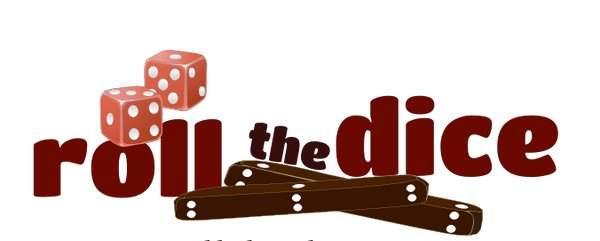The Forgotten Indian Games That Can Make Your Kids Smarter!
Share
Check Out All The Handcrafted Indian Traditional Board Games Here
You’ve tried the flashcards, the brain-training apps, the worksheets, and even YouTube channels that promise to make your child smarter. But have you ever thought the secret might lie somewhere older, something truly time-tested? Let me tell you something that's almost forgotten: India’s traditional board games have been shaping sharp minds for centuries—quietly, effectively, and without any side effects.
I’m not exaggerating. Long before IQ tests and fancy apps, kids and adults in India were playing games that taught them math, strategy, memory, focus, patience—all wrapped up in fun. These games were so important, they’ve been carved into stone floors of ancient temples. Yes, you’ll find them etched in the temples of Ajanta, Ellora, Hampi, Belur, Halebidu, Lepakshi and more. What does that tell us? That our ancestors valued play as a path to intelligence.
Take Pallanguzhi (also called Alugulimane or Channe Mane) for example. It's all about counting, dividing, distributing—basic math skills, sure. But here’s the trick: kids don’t even realize they’re calculating, they’re too busy trying to capture more seeds! Over time, without effort, they develop mental math abilities far beyond their age.
Then there’s Pagade or Chausar, one of the oldest strategy games, where kids learn to make decisions, assess risk, plan their moves ahead—basically exercising the same parts of the brain we now pay big bucks to train with modern programs.
And it’s not just about numbers. These games build something else: emotional intelligence. A lost round teaches resilience. A clever move teaches patience. Cooperation, competition, social bonding—everything gets covered naturally. No lectures required.
Our ancestors didn’t design these games randomly. They were tools cleverly built into everyday life, and the proof is right there in stone—those carvings in temples were like open-air classrooms. People gathered not just to pray, but to play, learn, and grow sharper together.
Fast forward to today—why not bring these forgotten treasures back into your child’s routine? No screen time, no pressure, just play. You’ll see focus improve, calculations become quicker, problem-solving instincts sharpen—all without your child even realizing they’re “studying.”
I recommend starting simple: Pallanguzhi, Pagade, Navakankari, Aadu Huli. Games tested by time, approved by history, and still capable of making your kids smarter the fun way.
Isn’t it about time we rediscovered the genius of our own culture?
